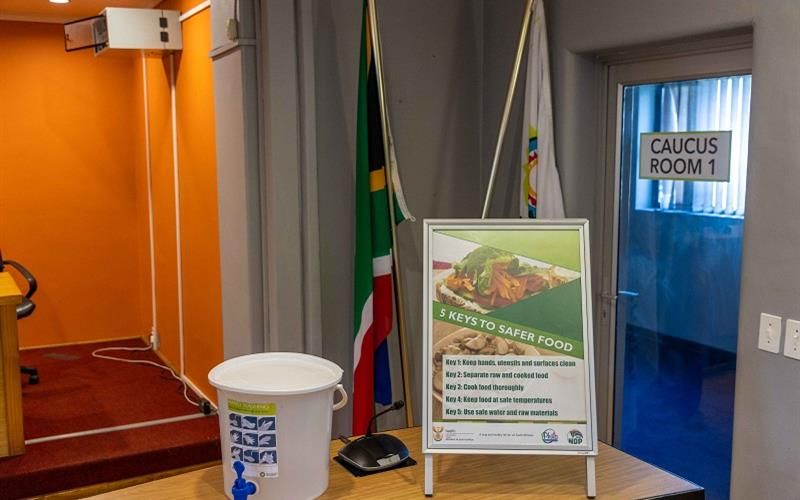On June 7th, South African Minister of Health, Dr. Joe Phaahla, and Minister of Agriculture, Land Reform, and Rural Development, Thoko Didiza, came together to commemorate World Food Safety Day. This event aimed to spread awareness about proper food handling and the prevention of food contamination that can result in foodborne illnesses such as cholera, listeriosis, salmonella, typhoid, and campylobacter.
The Theme of World Food Safety Day 2023
The 2023 World Food Safety Day is in its fifth year and focuses on the theme “Food standards, save lives.” This event draws attention to and promotes action to prevent, detect, and manage foodborne risks. These initiatives contribute to food security, human health, economic prosperity, agricultural production, market access, tourism, and sustainable development.
Shared Responsibility for Food Safety in South Africa
Several departments and organizations share the responsibility of ensuring food safety in South Africa’s regulatory environment. The Department of Health, the Department of Agriculture, Land Reform, and Rural Development, the National Regulator for Compulsory Specifications (NRCS), and municipalities all have a role to play in upholding food safety standards.
Roles of Different Departments
The Department of Health conducts regular inspections at various food business operators, such as manufacturers, restaurants, and supermarkets. The objective is to ensure compliance with standards, proper food storage, and safe food handling practices. Meanwhile, the NRCS oversees canned and frozen products, and the Department of Agriculture, Land Reform, and Rural Development is responsible for food production and processing systems.
Guidelines and Standards for the Food Industry
South Africa has developed sectoral guidelines and standards for several aspects of the food and agriculture industry, including household food handling. Schools, crèches, catering companies, farmers, food processors, and the general public are encouraged to follow these guidelines.
Participation in Commemoration Event
The Gauteng MEC for Health and Wellness, Nomantu Nkomo-Ralehoko; MEC for Agriculture, Rural Development, and Environment, Mbali Hlophe; leaders from the City of Tshwane, councillors, and the NRCS participated in the commemoration event. The day’s activities included monitoring compliance with food handling and preparation standards at local shopping centers and business establishments.
Importance of World Food Safety Day
World Food Safety Day serves as a crucial reminder of the significance of maintaining high food safety standards to ensure the well-being and health of society. By working together as a community and adhering to established guidelines, South Africa can minimize the risk of foodborne illnesses and create a safer environment for all.












